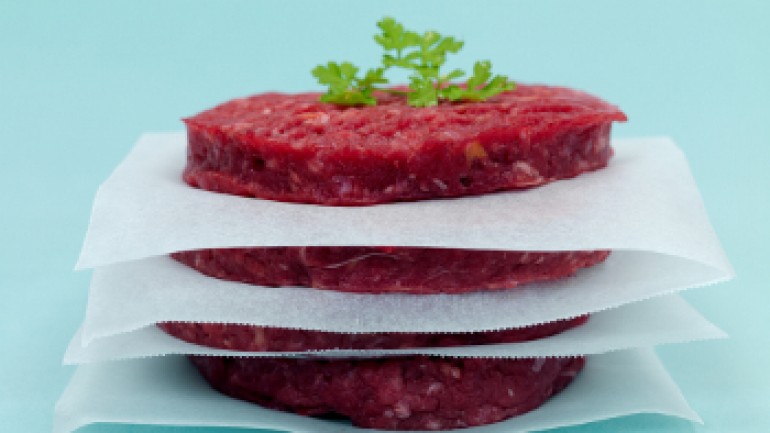This film delves into Irish horsemeat scandal, revealing a systematic criminal harvest of thousands of horses, which netted millions and stretches well beyond Ireland’s borders.
When Ireland’s Food Standards Authority announced that it had found beef products sold by popular food brands contaminated with horsemeat, it was the beginning of a scandal that spread around the globe.
“We found with one product that about one third horse DNA in it which was just, you know an incredible finding. And we double checked and we triple checked because we understood that if we were to go out public with such a story, it was going to have quite an effect.” Alan Reilly, CEO, Food Standards Authority
In many European countries people are happy to eat horse and many consider it a delicacy, but consumers in the UK and Ireland were upset and angry over the findings. What many did not realise, though, is where a lot of the horsemeat was coming from, and why.
Animal rights activist Stephen Philpott knew the answer though. For a couple of years he’s been running a surveillance operation on gangs smuggling thousands of unwanted Irish horses across the border for illegal slaughter. He’s uncovered a criminal conspiracy that’s netted millions, and seriously undermined consumer confidence in processed food.
Tragically, the abandoned horses are an unexpected and little reported consequence of the global financial crisis. As Campbell finds, when Ireland’s economy was booming and the housing bubble was at its biggest, every Irish builder bought a horse and joined a racing syndicate.
When the bubble finally burst, the animals were the first thing to go, dumped and left to fend for themselves in parks, fields and by the side of the road.





I eat horse meat in Sweden, but not a whole lot, and the horses come only from Sweden. It’s very expensive, here and in no way is it cheaper than beef and pork! I’ve actually only ever eaten it as lunch meat.
mmmmm horsemeat.